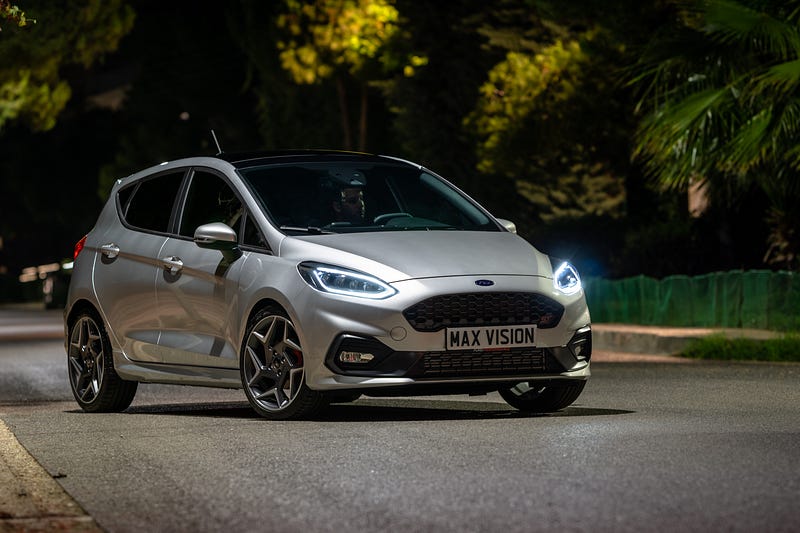Ford's Urgent Need for Compact Cars in the U.S. Market
Written on
The Case for Compact Vehicles
To begin with, I don't own a Ford Fiesta. However, I must admit that if there were a Fiesta RS equipped with all-wheel drive, I would likely consider one. Beyond personal preferences, Ford made the decision to discontinue many of its car models in the U.S. around 2018, including the Focus, Fiesta, Taurus, Fusion, C-Max, and most recently, the Ecosport. This was undoubtedly disappointing, but it raises an essential question: why does Ford need to revive at least one or two car-based platforms in the U.S.? Let’s delve into this topic.
Pricing Considerations
It's important to note that cars are typically more affordable than large trucks. Given the sharp increase in vehicle prices post-pandemic, introducing a compact yet efficient car could not come at a better time. Smaller vehicles would not only lead to reduced consumer costs but also simplify mass production. With fewer components and a smaller physical size, manufacturing processes could be optimized more efficiently than those for larger trucks or SUVs.
Electrification and Its Potential
Regardless of personal opinions, the shift towards electric vehicles (EVs) and other electric transportation options is undeniable. EVs not only benefit the environment but also provide numerous practical advantages. The ability to recharge at home and integrate with various technologies makes the EV market poised for rapid growth in the near future. For this evolution to take place, however, costs need to drop significantly, and driving ranges must be extended—whether through lighter vehicles or more efficient batteries. This trend highlights the necessity for manufacturers like Ford to introduce new compact cars that can effectively compete in the expanding EV marketplace.
Final Thoughts on Ford's Future
As a Ford enthusiast and a proud owner of a Focus RS, I was genuinely saddened to learn that these iconic models would no longer be available in the U.S. My perspective may be biased, but I firmly believe Ford has much to offer both past and future car owners. The automotive industry is undergoing unprecedented transformation, and it seems logical for Ford to take advantage of this upheaval. What are your views? Do you think there is still a place for cars in the U.S. market, or will we all soon be driving F-150s? Share your thoughts in the comments!
Chapter 1: The Shift in Ford's Strategy

Section 1.1: The Discontinuation of Car Models
Ford's decision to phase out various car models has had a significant impact on its consumer base. The absence of compact vehicles has created a void in the market that could be filled with innovative designs.
Subsection 1.1.1: Understanding Consumer Needs
With changing consumer preferences, there is a growing demand for affordable and efficient vehicles that fit urban lifestyles.
Section 1.2: The Future of Electric Vehicles
As the automotive landscape evolves, the rise of electric vehicles presents new opportunities for manufacturers willing to adapt.
Chapter 2: The EV Market Landscape
The first video title is Ford's Small Car Comeback? CEO Shocks Industry with $1.32bn EV Loss! - YouTube. This video discusses the challenges Ford faces in the current EV landscape, showcasing their significant losses and the potential need for a strategic pivot.
The second video title is Why We Can't Have Small Trucks Anymore - Blame the EPA - YouTube. This video explains the regulatory challenges affecting the production of smaller trucks, providing context for Ford's current market strategy.